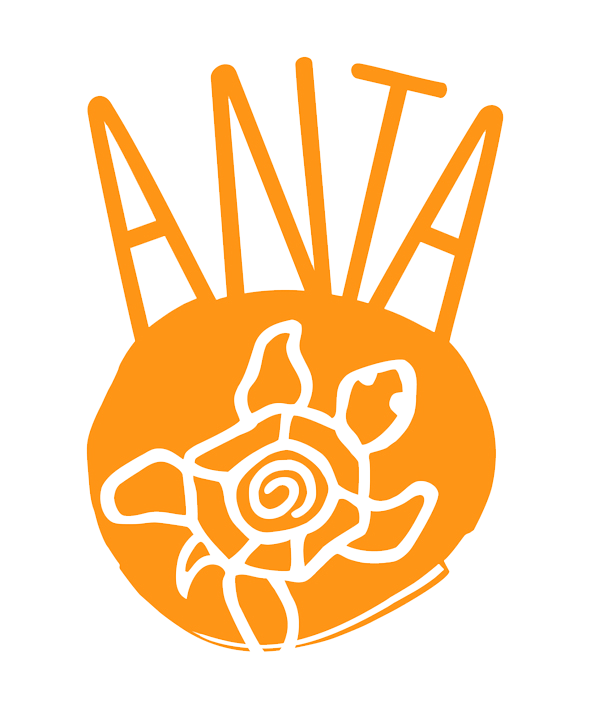Understanding reconciliation Councils of the Dagara tribe in Burkina Faso
Reconciliation versus Conviction
Land Chief Councils of the Dagara tribe in Burkina Faso
The Greek Bert Hellinger Institute of Family Constellations, practicing Myth Constellations, has started a collaboration with the local government of Koper in Burkina Faso, its traditional local councils and cultural officials.
Ada Vlachoutsikou visited the area, attended Councils and interviewed the local land chief and the mayor, a Burkina Faso Lawyer, only to find out that there has been no recording of their reconciliation process and the methods used to carry it out.
The first findings are absolutely exciting! This process has been successful in solving local issues over an unknown number of generations. Prisons were and are not needed.
Of course, as many other good and useful parts of the past have vanished, so is this process threatened to go extinct, as the western so called “universal” legal system has been introduced in Burkina Faso. Meanwhile, the handicaps of the legal system in the West, are just starting to be recognized and addressed.
It is interesting that the experiment of introducing local councils in trouble areas within cities has led to great results. Solving issues outside of courts, is cheaper for the state and has long lasting transforming results, while putting people in prisons results in long lasting problems and state costs. (See Norway as an example – restorativejustice.org, regjeringen.no)
Next steps needed to preserve the Dagara People’s knowledge
and make it useful for the world:
- Proper recording/ transcription and translation of the councils
- A recording of the judgment theory “laws ” being applied
- Decoding the factors of success
- Comparing with other similar approaches
- Proposing how it can be integrated in the current official jurisdiction system in Burkina Faso and internationally
- Tracing the connection to Family Constellations
Funding and collaborators:
The project is being carried out by the The Greek Bert Hellinger Institute of Family Constellations, the Local Government of Kope and is looking for collaborators and funding. The support of Universities, United Nations, and relevant NGOs is welcome.
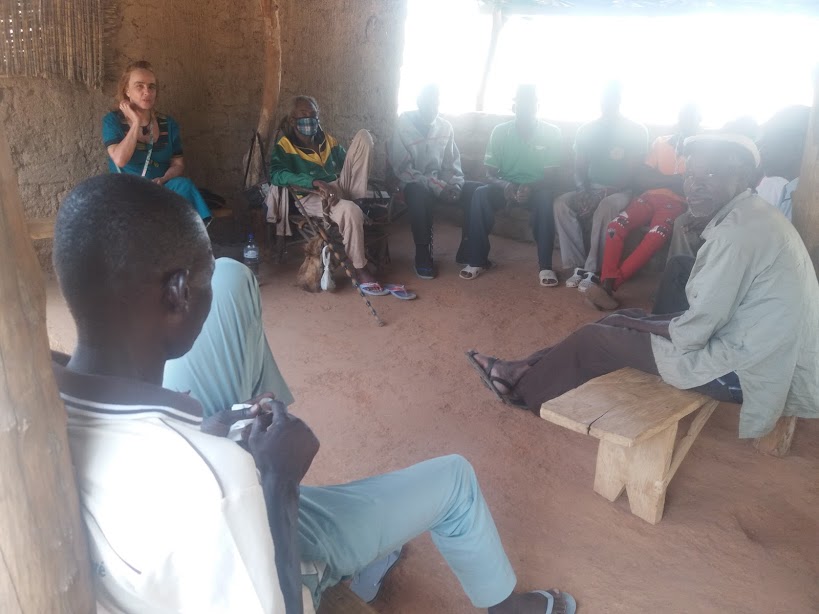
Adas First findings – impressions after participating:
My approach was to participate and learn how knowledge of systemic laws can be applied in problem-solving processes. I hypothesized that they are aware of them, as I know of the reconciliation processes of Mandela in South Africa. In addition, Hellinger developed his own method after living and taking part in Zulu initiation as well as other rituals and Councils for 15 years. I met the West Africa reconciliation culture through translating for Malidoma Some, a diviner from Dano living in the States.
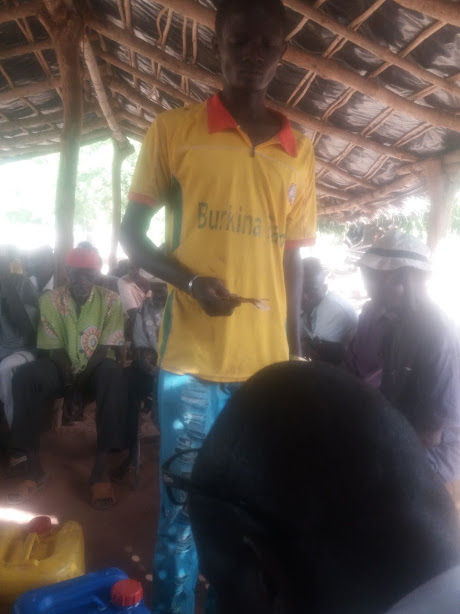 The Land chief Council is carried out by the land chief, the elders and inhabitants of the area. People bring their issues to the Council and the two or more parties (accuser and accused, plaintiff and defendant/ respondent) pay a participation fee.
The Land chief Council is carried out by the land chief, the elders and inhabitants of the area. People bring their issues to the Council and the two or more parties (accuser and accused, plaintiff and defendant/ respondent) pay a participation fee.
Each issue is examined and discussed by all participants as long as necessary. The Council first listens to each person involved in the issue. Then whoever wants can ask questions or add information which they consider relevant, including recommendations for the issues resolution.
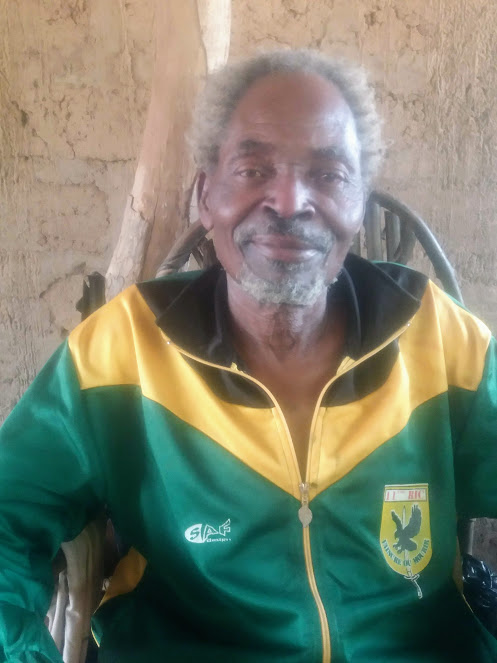
The Land chief is appointed by the elders in the meeting and it was mentioned that their voice is expressing the will of the ancestors. The Land chief has the Dozos (in Greek agrofilakas), who roam the land and report issues or even act as guards and policemen. You see them at each at the edge of each fiesta or gathering, ready to step in and solve trouble. These are volunteer positions, as it is the calling of the ancestors and the agreement of the community that appointed them.
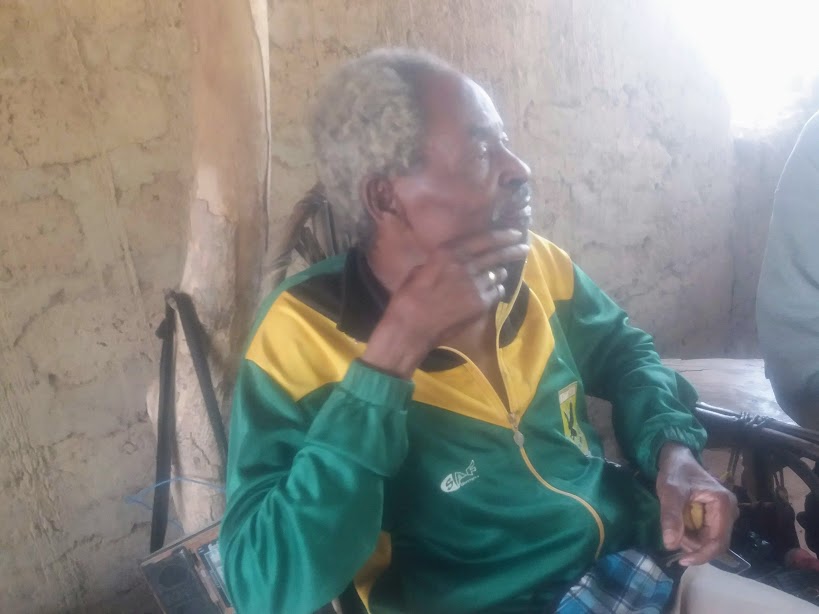
The final decision is made by the Land Chief after having listened to everybody. The judgment is not a verdict but a suggestion – suggestion of a choice to be made. There are no bad people, just bad deeds that one can do something to make up and solve.
Resolution might involve sacrifice. Sacrifice means to willingly pay or do something at a cost to you, with the intention of solving an issue and contributing to the community. Here, donations don’t come from one’s extra resources, the sacrifice must be of something needed.
Concerning the systemic laws played out by Hellinger, they seemed to be aware of them. The ancestors are an integral part of their whole and nobody is excluded, as the inclusion force is recognized. The hierarchy dynamic also, and the give and take. Judgements are given by taking these laws into consideration.
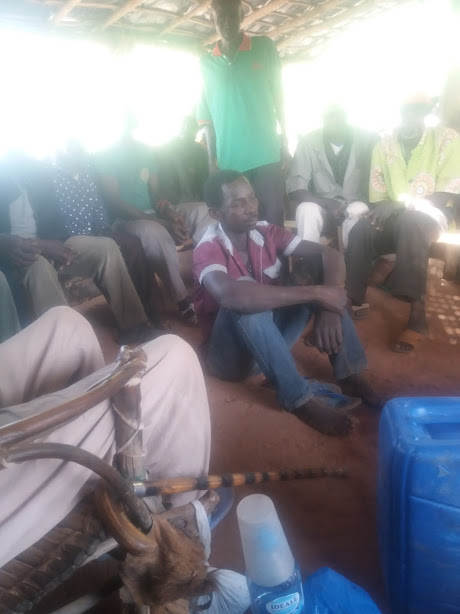
So the accused, Ed Loaner, who does not return loans is asked to reconsider and pay back by being held in the middle of the circle. When pito, the local drink, is given he also gets his share. Judge Eli says to uncle that threw his nephew out out of the house: “The ancestors are upset because you cannot tell a family member to leave, a family member always remains one, see to it that the issues are addressed.”
The Council starts with the Land Chief addressing the participants: “We have gathered here today, together with our ancestors, to solve our problems. We will hear the troubled parties. Each of you that has something to say should not hesitate to express yourself and voice your opinions with the awareness that the accused deserves the same respect as you. Avoid raising your voice please remain calm.”
Joking with one another, teasing and laughing helped release tension during the six hour meeting in heat of 45°C .
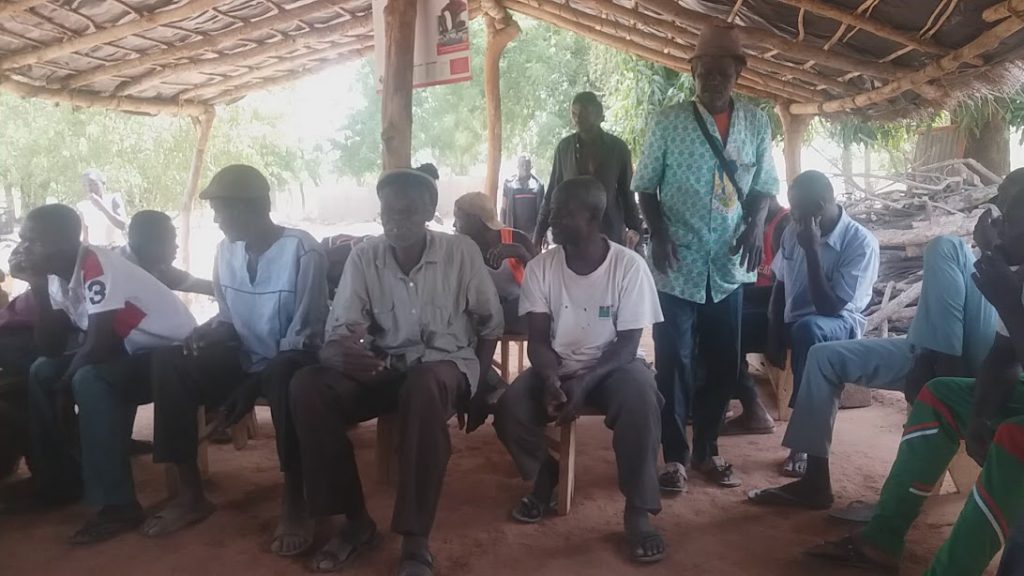
Recordings with translation from the day Ada Vlachoutsikou attended the Land Chief Council of the Dagara people in Burkina Faso – 4th of March 2019:
For the rest of the recordings please contact Ada.
To donate in a different way kontakt:
Neulerchenfelder Straße 34/17
1160 Vienna
Tel: +43 664 5058948
tatsuada@gmail.com
